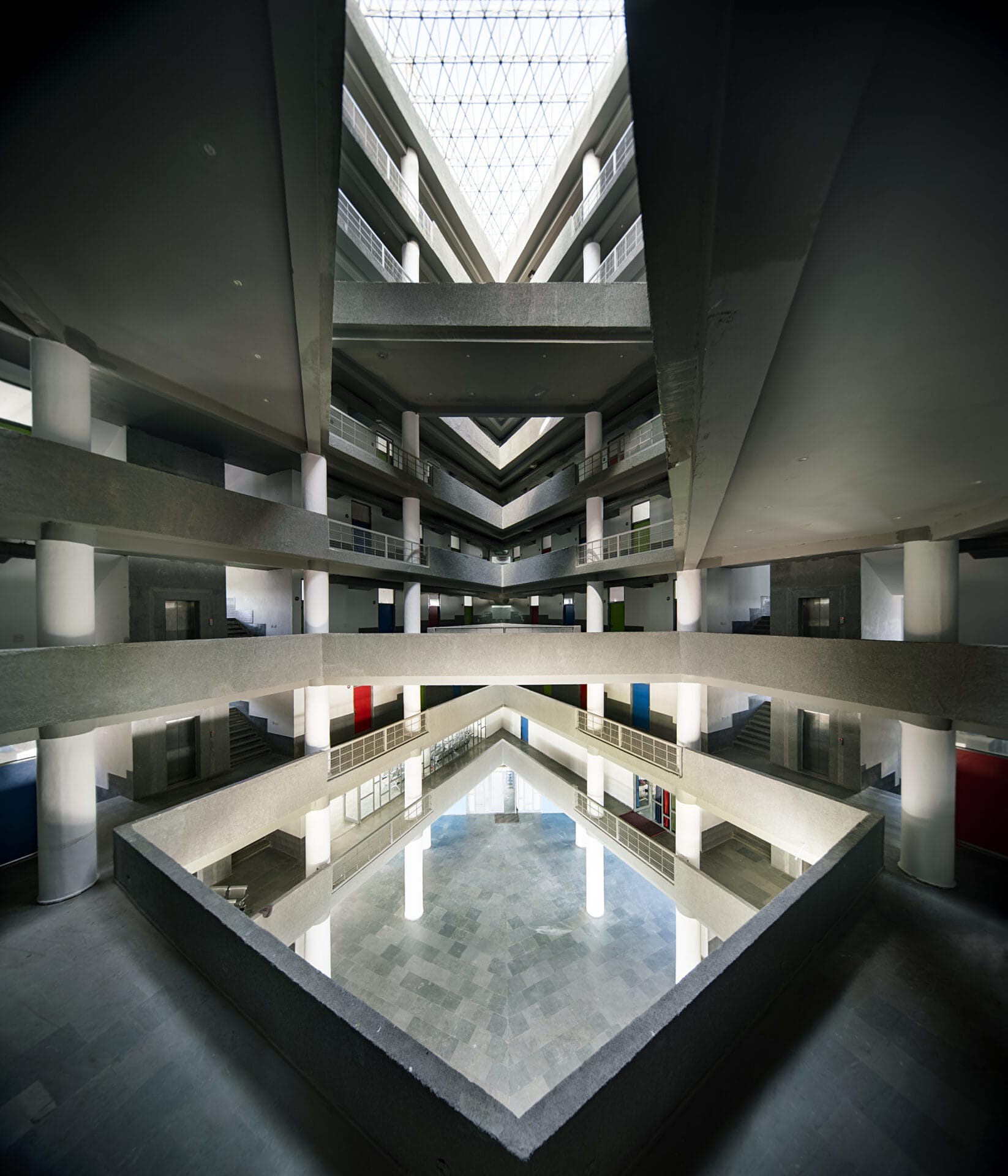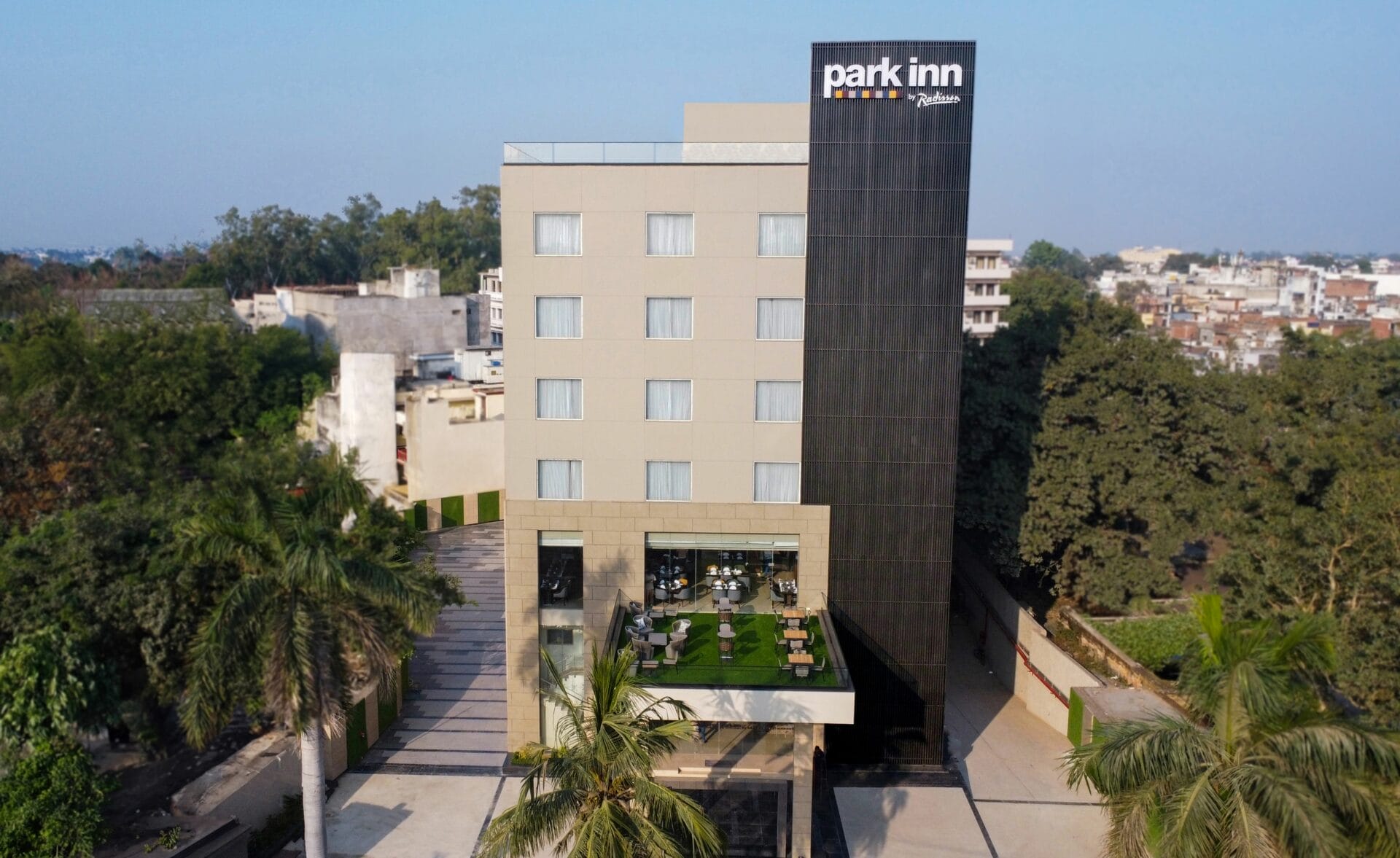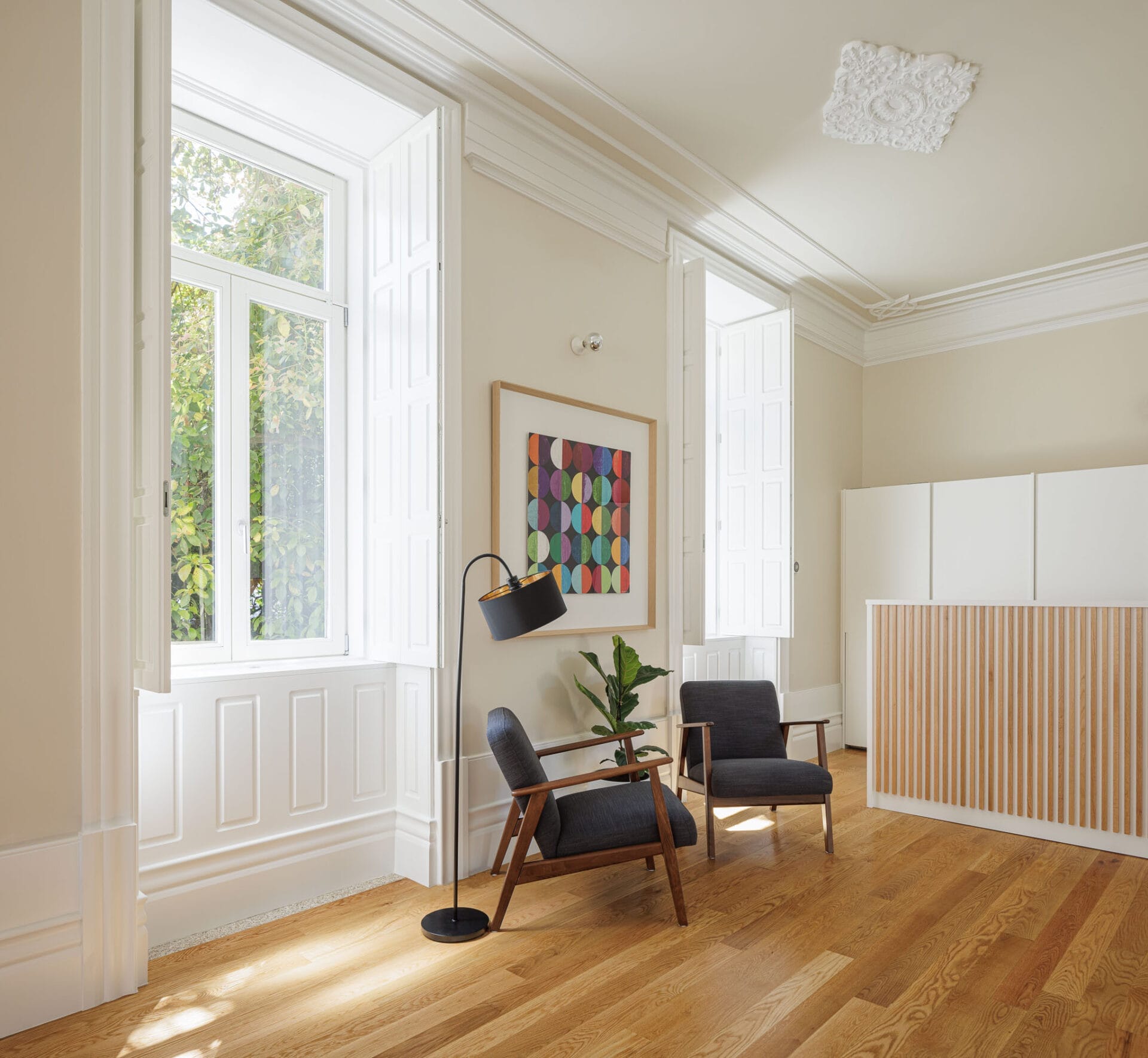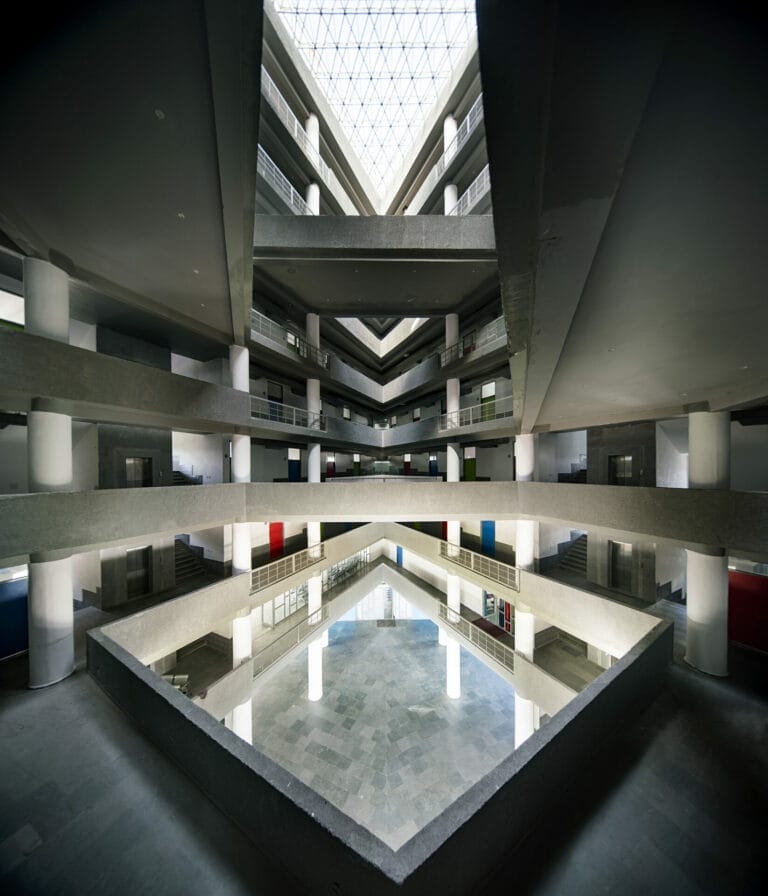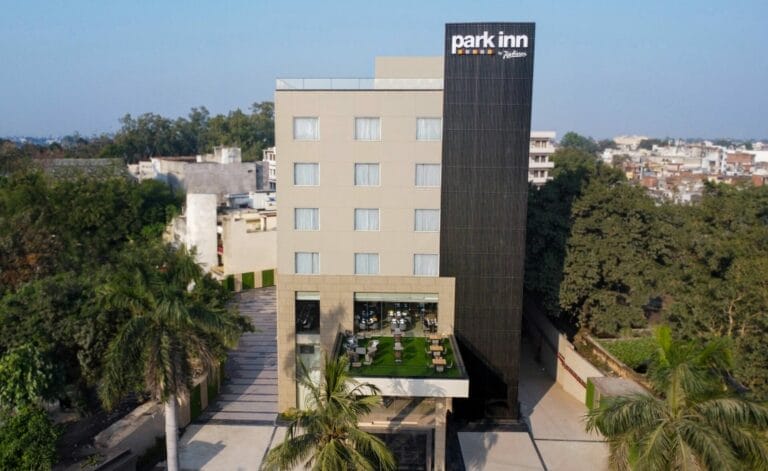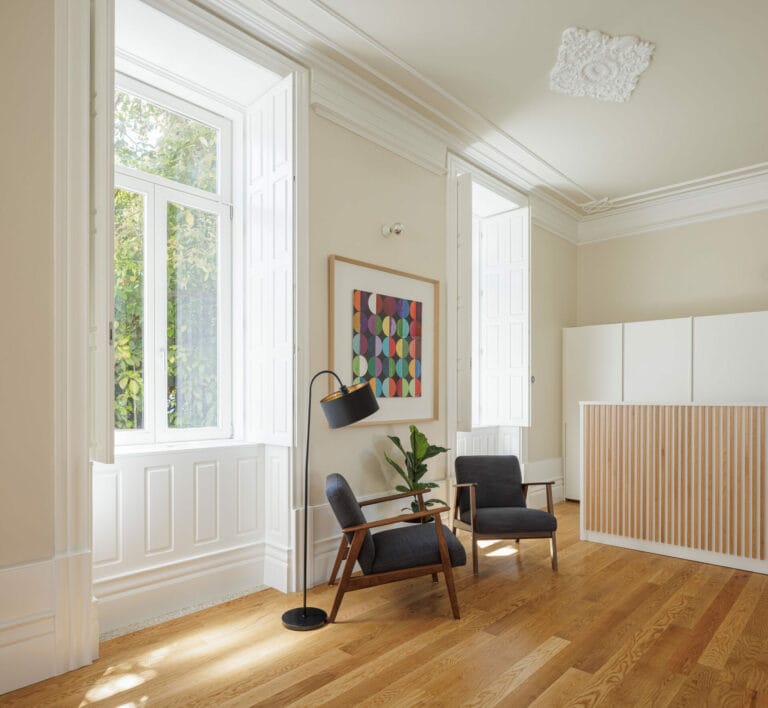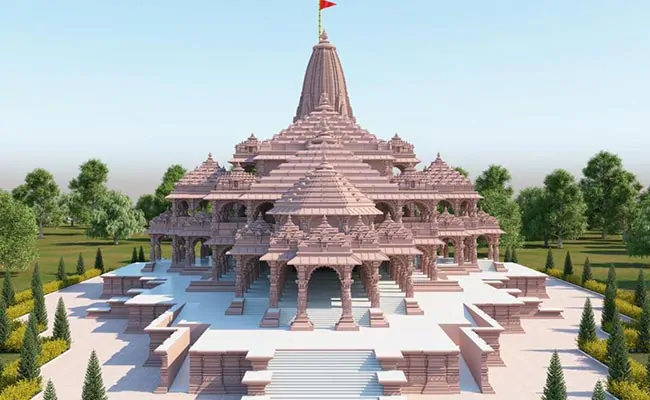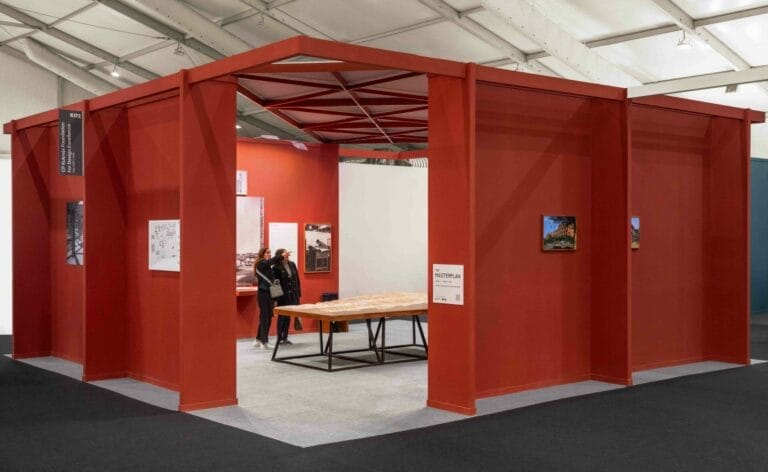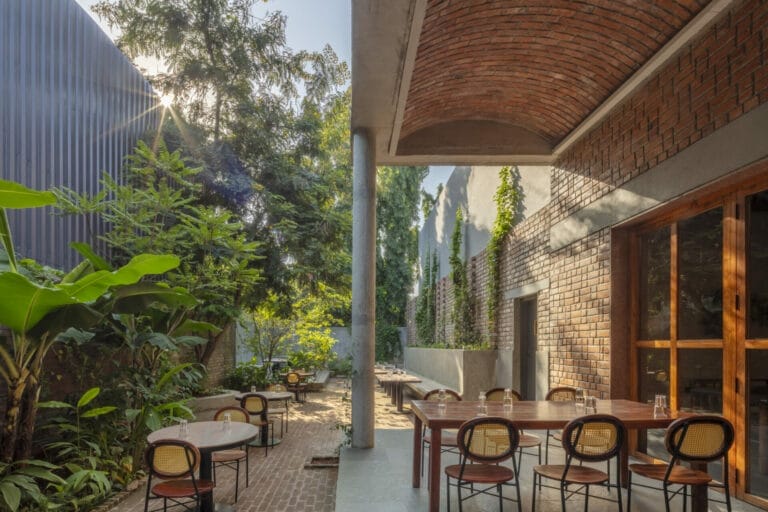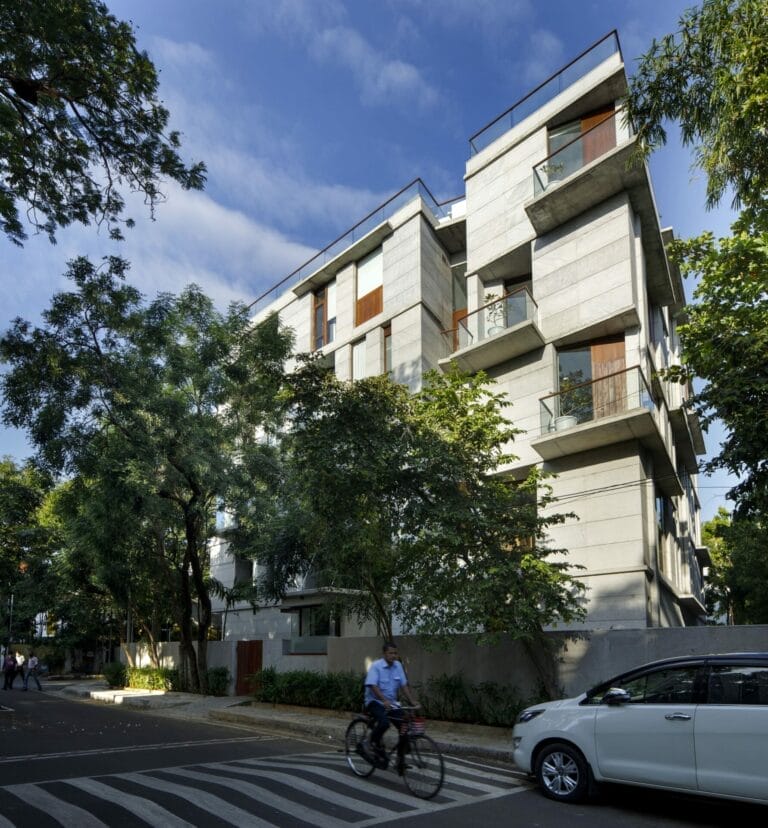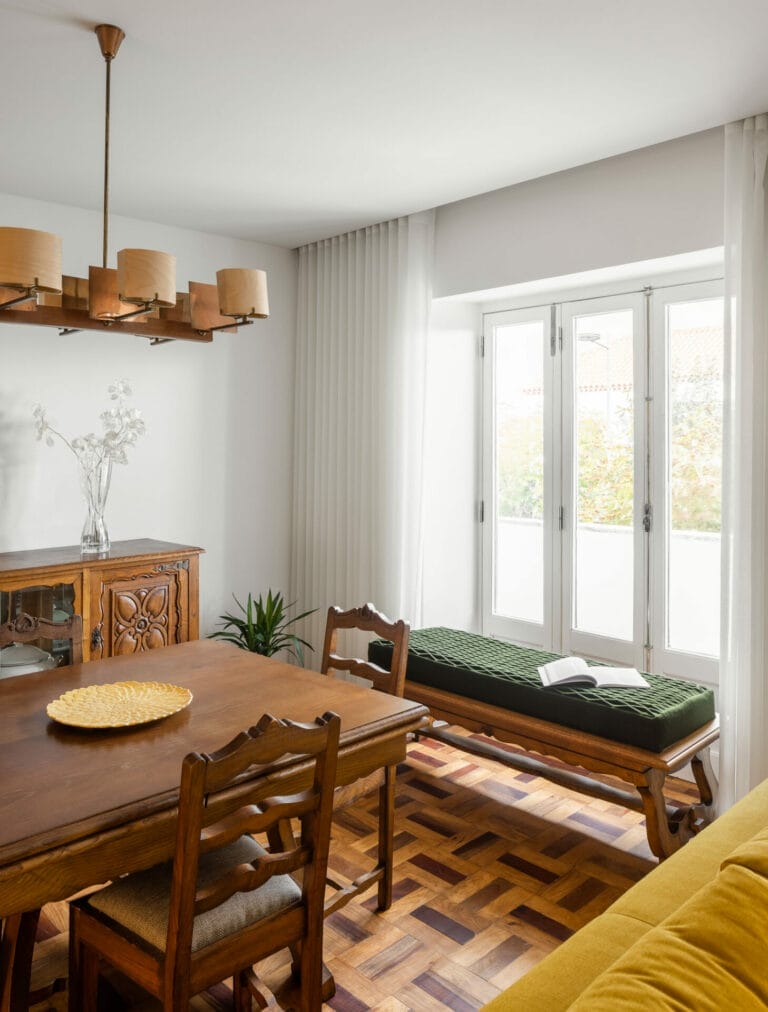
Over the years there has been a rise in the application of technology in the healthcare sector and the employment of these applications will only increase in the years to come. The pandemic has also been a catalyst in speeding up this process. Future-proofing design in a condition such as this is possible through digitalisation.
The Healthcare Architecture Conference organised by The Decor Journal on the 28th of June 2022 saw a panel of professionals from healthcare and architecture coming together for an informative discussion on the problems that healthcare architecture faces.
The digitalisation of a healthcare facility is a combination of web and android based mobile applications and medical care systems that deal with appointments, reminders, disease prediction and ease of interaction within the hospital.

Ar.Manu Malhotra of RSMS speaks in detail about hospitals incorporating digital technology for better functioning. Integrating this system to store diagnostics and reports like many diagnostic centres have already done would make hospital operations more convenient for both the staff and the patients. He adds that while solutions like this are futuristic they are specific to the kind of hospital and the patients they treat and not universal.
Dr.K.B.Sood of Nous Hospital Consultants Pvt Ltd who has been practising architecture and has specialised in healthcare facilities adds to this by saying that there are around 1400 hospitals around the world that are fully digitised meaning everything from entering the hospital to the exit is on record. Digitisation is required when there is a lack of manpower. The patient-to-staff ratio in India vastly differs from that of the US.
He has designed hospitals by basing them on a study and arriving at a standard keeping in mind the following numbers: 7 nurses per nursing station rotating between 3 shifts for 16 ICU beds, 24 HCU beds and 36 general ward beds. Army hospitals can have 48 beds per nursing station.
Ar.Manjari Gupta suggests making complete use of daylight which is a geographical advantage in the country and conducting evidence-based research for better hospital design.
Digitalisation helps automate various functions in the hospital like assigning the schedules to the doctors, subject to patients who are registered with respected doctors, online appointments etc. Once an entry is made in the patient’s name it will be updated throughout the course of the treatment. Finding availability of drugs in nearby hospitals, Transferring patient records to different hospitals and diagnostic centres and billing take place efficiently.


